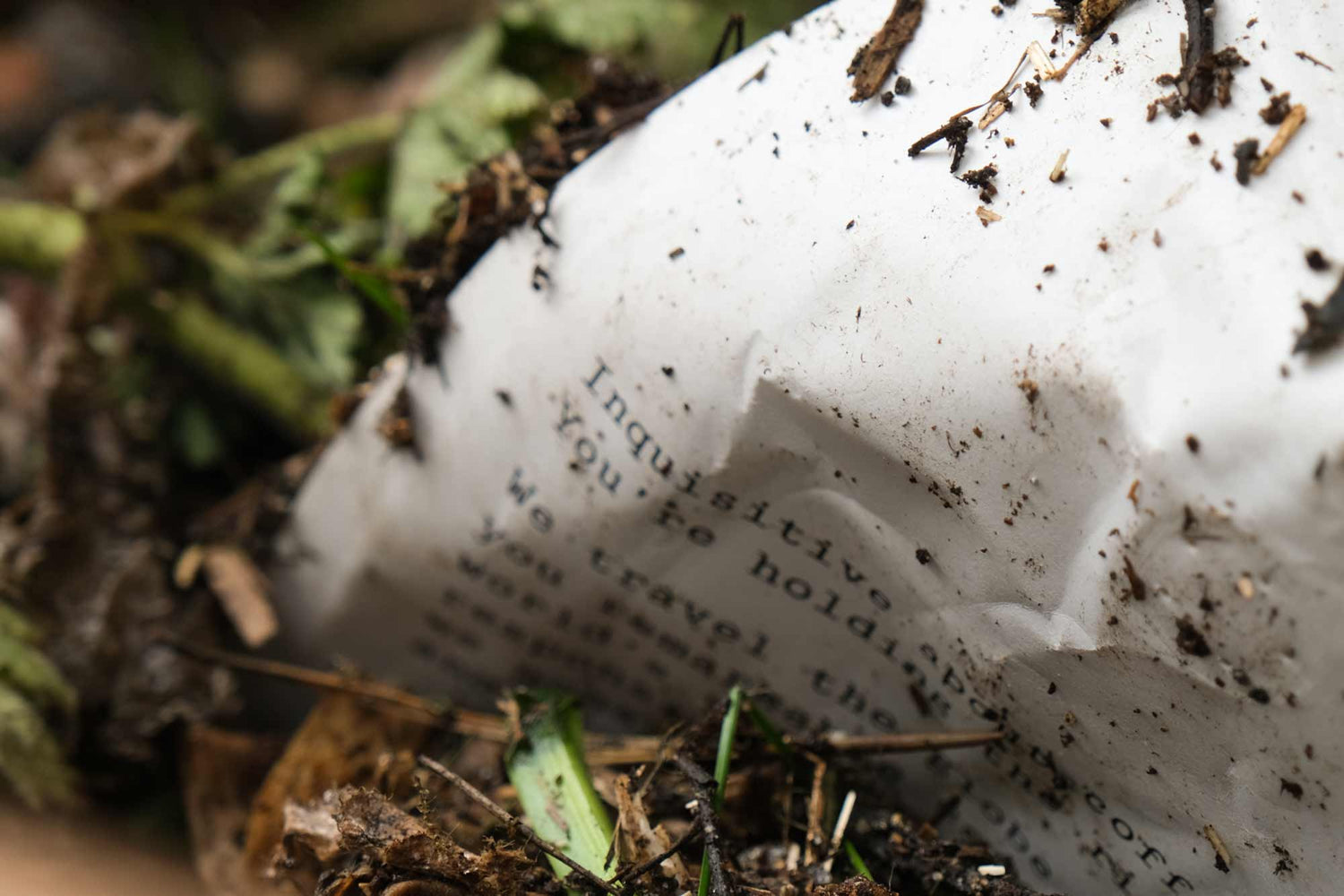
Bolivia: Pedro Flores, Mosto Washed
Pedro Flores
-
Pedro Flores’ farm is in the small colonia of Villa Rosario, a short drive east of Caranavi. He’s part of the Sol De La Mañana project, run by the Rodriguez family, that provides training in coffee agronomy to small producers. Through this, he’s learnt to replant his land and manage his coffee plants more methodically to get both quality and consistency.
To ensure only the very ripest coffee cherries are picked, it's not uncommon for producers in the Sol De La Mañana program to do 7 or 8 harvesting passes across their plants, many more than producers in other parts of the world do. This is very labour intensive and yields smaller amounts each pass, but ensures great quality. The downside is that for each delivery of cherries from the Sol De La Mañana producers in Bolinda, the lots are often too tiny to process separately and so instead, deliveries from all the producers are combined and processed together.
You may notice a part of the processing method of this coffee you haven't come across before, Mosto, and we wanted to take a moment to explain just what that means.
Mosto is a Spanish word which describes fresh fruit juices - particularly before they are fermented. The same root gives the English word for this, used in wine-making - a Must. In the case of this coffee, it means:
- You start with two batches of coffee.
- The first batch of coffee (a regular washed coffee) is depulped, fermented in a closed tank, rinsed and taken to the beds to dry.
- The liquids - the Mosto - from that first fermentation are saved, with the pH and microbial levels monitored and managed.
- Batch 2 (this will be the Mosto Washed) is depulped and the Mosto is added to the coffee.
- Once the fermentation breaks down any remaining pulp, the coffee is rinsed and dried.
- Using these fresh, already fermenting juices gives the process a kick start which seems to help develop the complex, juicy flavours in these coffees.
This is a big, sweet mouthful of mandarin segments in syrup. A hint of cherry as it cools and then an edge of green apple on the finish rounds this out, but it's the syrup soaked citrus which is centre stage here. -
- Country: Bolivia
- Region: Yungas
- Municipality: Caranavi
- Town: Copacabana
- Farm: Villa Rosario
- Altitude: 1,500 m.a.s.l.
- Farm size: 2 hectares
- Producer: Pedro Flores
- Varietal: Caturra & Catuai
- Processing: Mosto Washed
-
Tasting notes: Mandarin, syrup, green apple.
Cup of Excellence Cupping Scores
- Clean cup: (1–8): 6
- Sweetness: (1–8): 7
- Acidity: (1–8): 6.5
- Mouthfeel: (1–8): 6
- Flavour: (1–8): 6.5
- Aftertaste: (1–8): 6
- Balance: (1–8): 6.5
- Overall: (1–8): 6.5
- Correction: (+36): +36
- Total: (max. 100): 87
Roast Information
Medium-dark: Aim for a nice, steady roast through first crack and pushing up to the edge of second before you finish - a couple of pops of second in the cooling tray, no more. -
Producer Stories
Learn more about coffee sourcingPedro Flores
Pedro Flores’ farm is in the small colonia of Villa Rosario, a short drive east of Caranavi. He’s part of the Sol De La Mañana project, run by the Rodriguez family, that provides training in coffee agronomy to small producers.
Read more
Our Packaging

-
Compostable
Our 220g and 125g bags are made from a plastic free, plant based material that is commercially compostable and certified biodegradable. Which means it will leave nothing behind after you're finished with them.
-
Roasted fresh
Being uncompromising on quality means being uncompromising with freshness. Our coffee is freshly roasted every day of the working week.
-
Protecting our oceans
For each compostable bag that we buy, the same weight of plastic is removed from our ocean. You make that happen.
